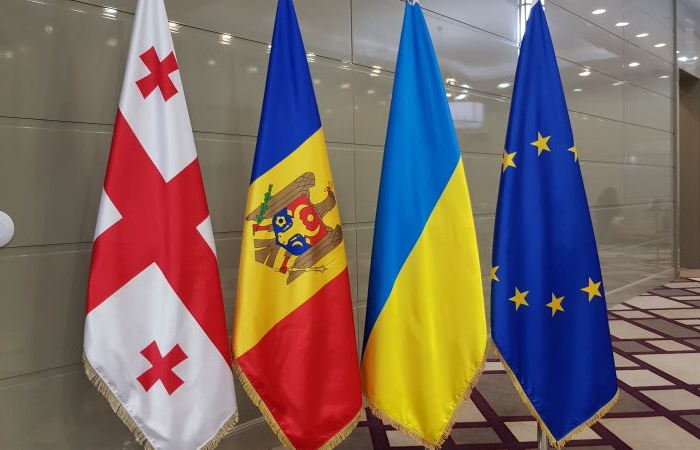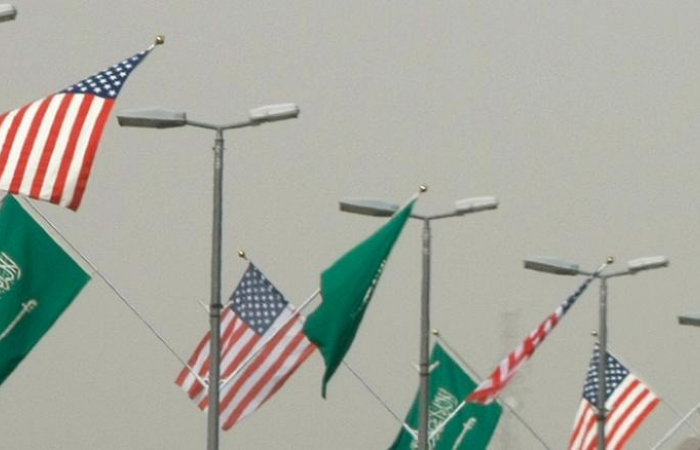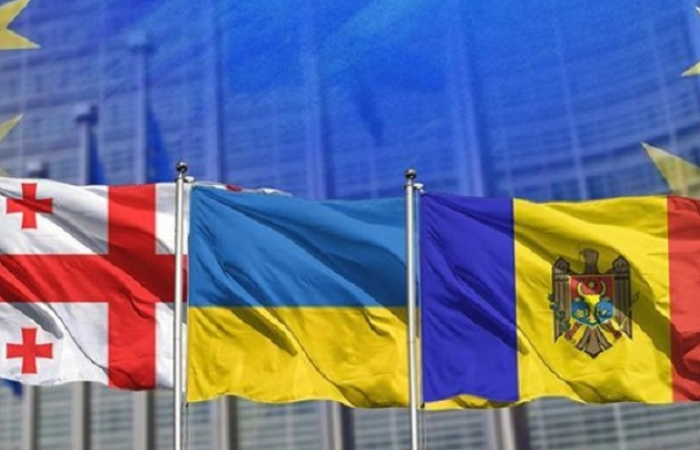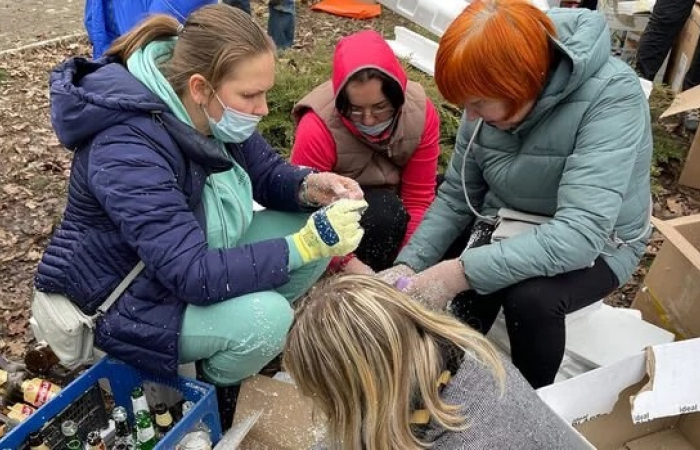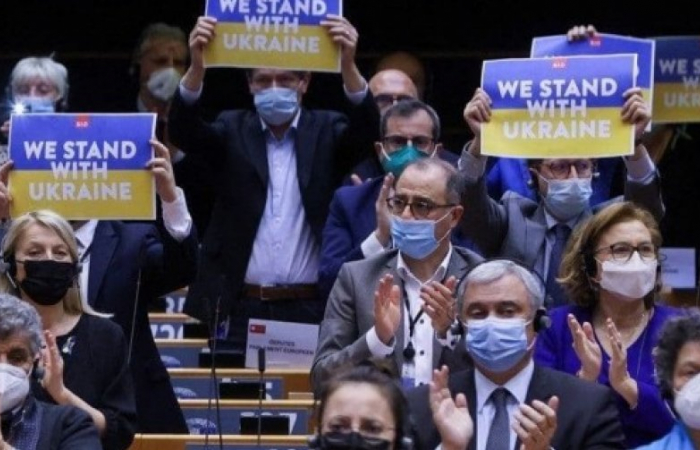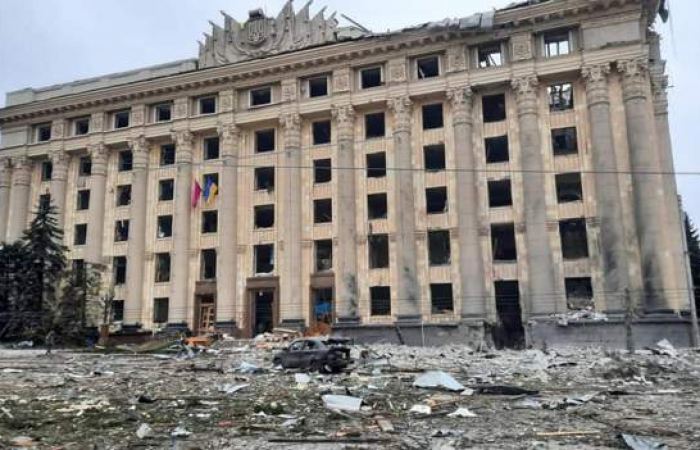Trending
Commentary: War or Peace in the South Caucasus?
5 August 2022
In their report “The South Caucasus from war to peace: 30 measures between now and 2030”, published last April, Armenian and Azerbaijani experts made a stark statement: “All the ingredients for peace exist in the South Caucasus. All the ingredients for war exist too. What is in front of us is a choice.” Never have these words sounded so pertinent as in these last days when in Armenia and in Azerbaijan the sounds of war and the sounds of peace competed with each other, with little sign of compromise. Yet neither war, nor peace, is inevitable. It is a choice, and one that both sides can neither make lightly nor take for granted. This week has once more shown that Armenia and Azerbaijan, and Armenians and Azerbaijanis, face a choice between war and peace. The death and injury of yet more Armenians and Azerbaijanis should focus minds, and increase mutual determination to work for lasting peace and to avoid any steps that can bring another war nearer.




